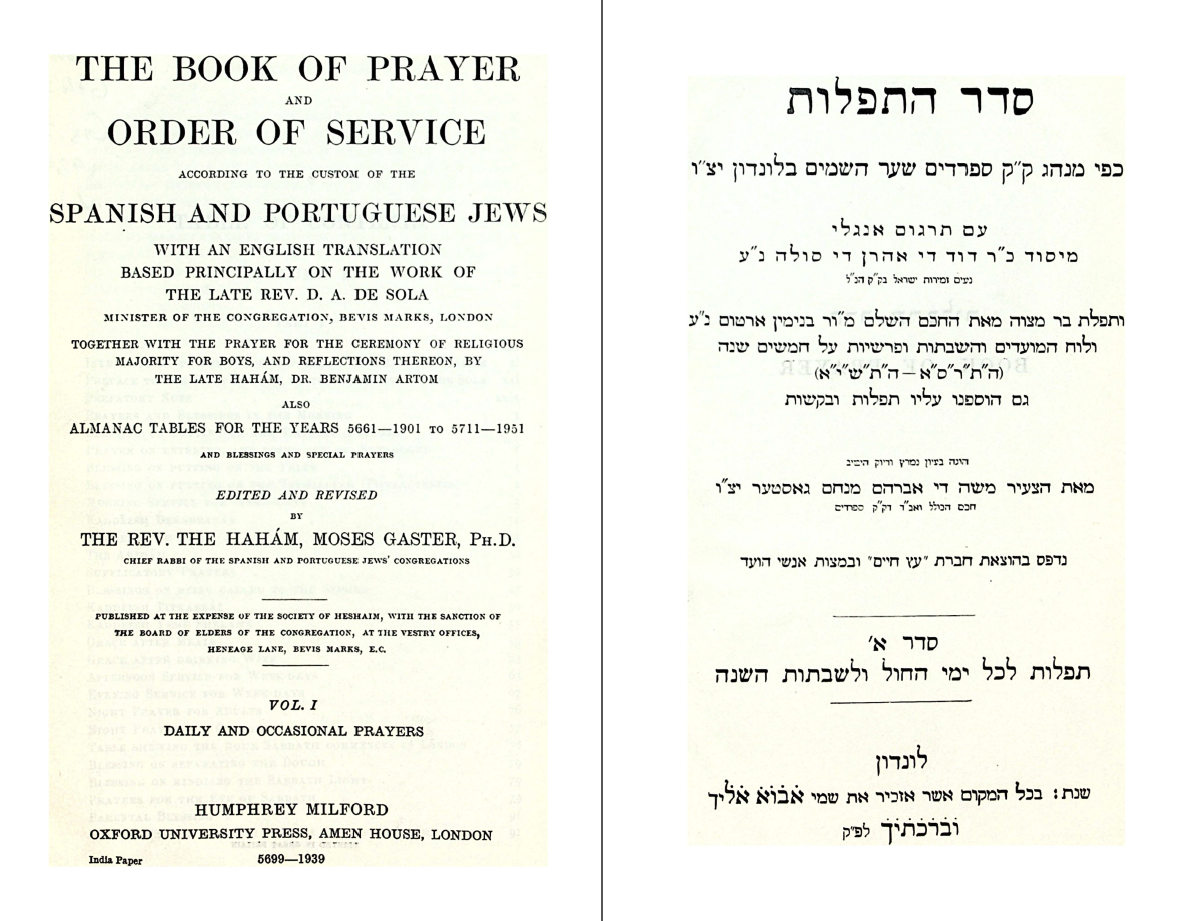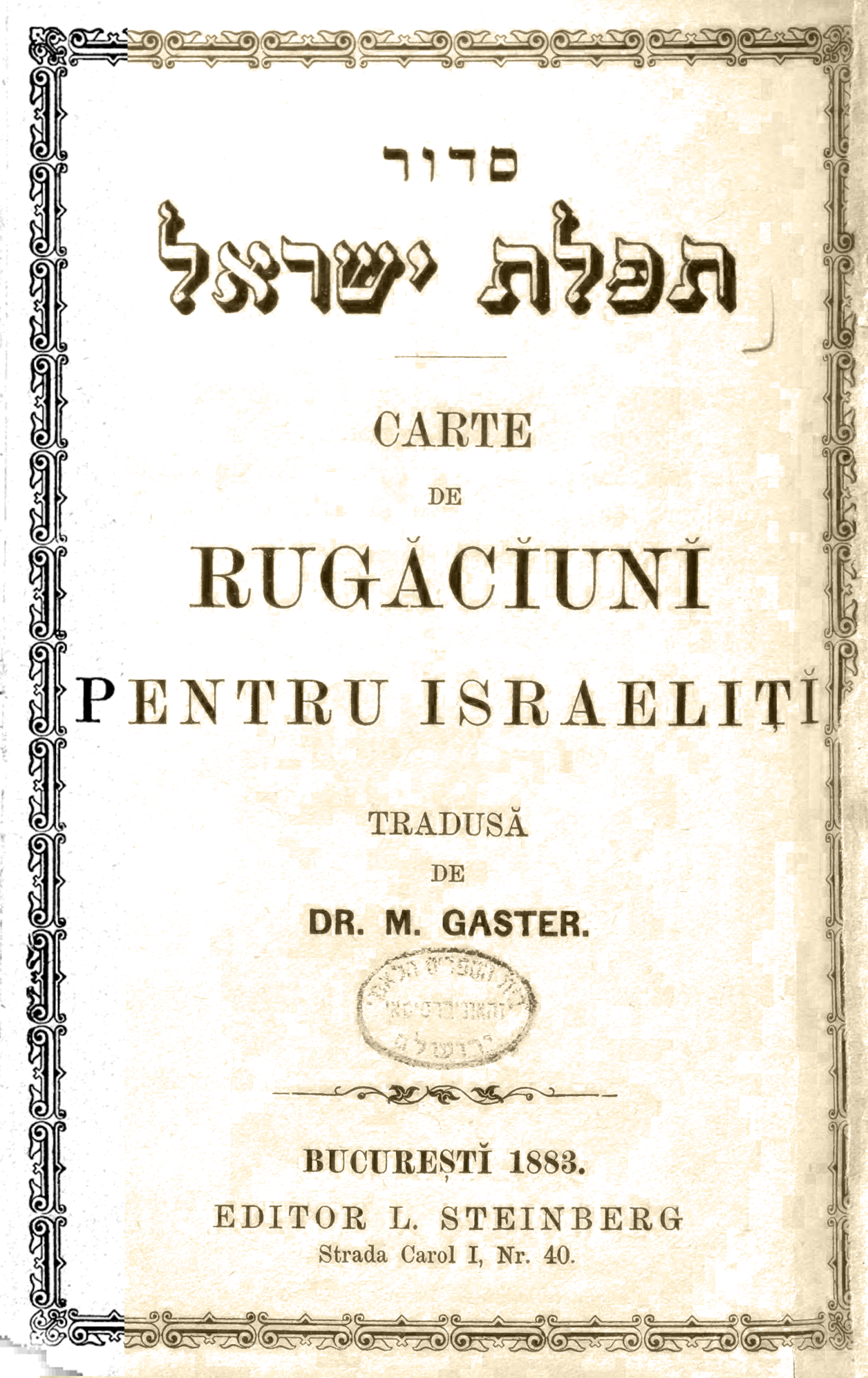TOGGLE COLUMNS (on/off):ADJUST COLUMN POSITIONS: select the column header cell and drag it where you want. show me!COPY INDIVIDUAL COLUMN(S): use CopyTables, a browser extension.
| Source (Hebrew) | Translation (English) |
|---|---|
אֵל מֶלֶךְ רַחוּם וְחַנּוּן, אֲשֶׁר בְּיָדְךָ נֶפֶשׁ כׇּל חָי וְרוּחַ כׇּל בְּשַׂר אִישׁ, מֵמִית וּמְחַיֶּה מוֹרִיד שְׁאוֹל וּמַעֲלֶה, הַבִּיטָה מִמְּעוֹן קָדְשְׁךָ וּרְאֵה כִּי עָלָה מָוֶת בְּחַלּוֹנֵינוּ בָּא בְּאַרְמְנוֹתֵינוּ לְהַכְרִית עוֹלָל מִחוּץ וּבַחוּרִים מֵרְחֹבוֹת, (ירמיה ט:כ) מִבְּכוֹר הַמֶּלֶךְ הַיּוֹשֵׁב עַל כִּסְאוֹ עַד בְּכוֹר הַשְּׁבִי אֲשֶׁר בְּבֵית הַבּוֹר, (שמות יב:כט) כׇּל רֹאשׁ לָחֳלִי וְכׇל לֵבָב דַּוָּי׃ |
Merciful and Gracious El, in whose hands is the soul of every living thing, and the spirit of all flesh; who killest and makest alive, who bringest down to the grave and bringest up. Look down from Thy holy abode and see: death is come up into our windows, it is entered into our palaces, to cut off the children from without and the young men from the streets.[1] Jeremiah 9:20. From the firstborn of the king who sitteth upon his throne to the firstborn of the captive that is in the dungeon,[2] cf. Exodus 12:29. every head is sick, every heart is faint. |
אֲהָהּ אֱלֹהִים! שׁוּב מֵהֲרוֹן אַפֶּיךָ וֶאֱמוֹר לְמַלְאָךְ הַמַּשְׁחִית רַב עַתָּה הֶרֶף יָדֶיךָ׃ (שמואל ב׳ כד:טז חלק) |
O Elohim, turn from Thy fierce wrath, and say unto the angel that destroys: It is enough, now stay thine hand.[3] 2 Samuel 24:16. |
רְפָאֵנוּ ה׳ וְנֵרָפֵא הוֹשִׁיעֵנוּ וְנִוָּשֵׁעַ, הַעֲלֵה רְפוּאָה לְתַחֲלוּאֵינוּ חֲבוֹשׁ אֶת מַכְּתֵינוּ, הָסֵר חֹלִי וּמַדְוֶה מִקִּרְבֵּנוּ, מְחֵה דִמְעָה מֵעַל כׇּל פָּנִים וְשַׁלֵּם נִחוּמִים לָנוּ וְלַאֲבֵלֵינוּ, שְׁלַח לָנוּ מַרְפֵּא אֲרוּכָה מַרְפֵּא בְרָכָה מַרְפֵּא רַחֲמִים וְשָׁלוֹם וְחַיִּים וְאוֹרֶךְ יָמִים, וְכֵן יְהִי רָצוֹן וְנֹאמַר אָמֵן׃ |
Heal us, O YHVH, and we shall be healed: save us and we shall be saved.[4] From the blessing in the Amidah for healing. Vouchsafe healing to our pains, bind up our wounds, remove sickness and disease from our midst, wipe away the tears from off all faces. Restore comfort unto us and our mourners; send us in mercy and grace, healing, peace and length of life. May this be Thy gracious will. Amen. |
This is a prayer prepared in January 1892 by Rabbi Dr. Moses Gaster and offered in London in the Spanish & Portuguese synagogues under his aegis in response to the danger of a cholera pandemic. From Wikipedia, “The fifth cholera pandemic (1881–1896) was the fifth major international outbreak of cholera in the 19th century. It spread throughout Asia and Africa, and reached parts of France, Germany, Russia, and South America. The 1892 outbreak in Hamburg, Germany was the only major European outbreak; about 8,600 people died in that city.”
The prayer, offered in Hebrew with an English translation, is not consistent in the translation of divine names. I have re-Hebraized all divine names invoked. –Aharon Varady
Source(s)

Notes

“תפלה על המגפה שתעצר | Prayer for Cessation of the Disease Now Raging, by Rabbi Dr. Moses Gaster (1892)” is shared through the Open Siddur Project with a Creative Commons Attribution-ShareAlike 4.0 International copyleft license.










Comments, Corrections, and Queries